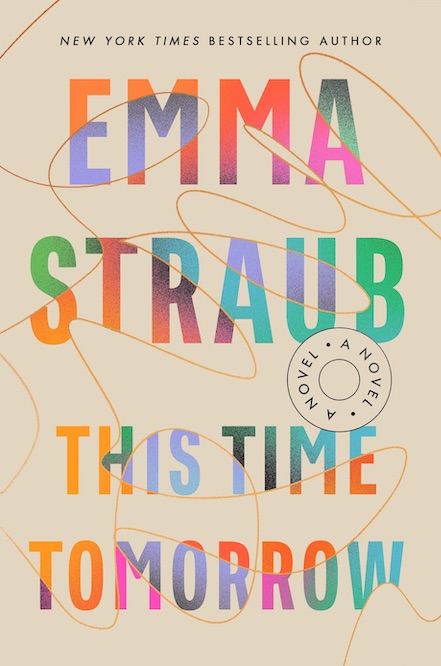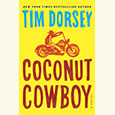True Myth
Poet Tony Tost looks at the Man in Black through the lens of American Recordings
Producer and record mogul Rick Rubin made his name recording rap and metal albums, and releasing them through his own labels like Def American. In 1993, Def American became American Recordings, and its first project was a new release by Johnny Cash. It was to be a re-birth for all concerned. Recorded in Rubin’s living room and in Cash’s Hendersonville cabin, American Recordings also includes two live tracks that were taped during a Cash concert at the Viper Room in Los Angeles. The record is simple, intimate, and elemental, and it may be the main reason we’re still writing and talking about the man and his songs in the twenty-first century. In Johnny Cash’s American Recordings (33 1/3), Tost celebrates the myth of the Man in Black and explores the role that American Recordings played in revitalizing it.
Instead of relying on a hackneyed fact-versus-fiction structure, the book gives itself over completely to Johnny Cash’s outlaw/prophet mystique. “I have no interest however in debunking the Cash myth,” Tost writes. “First of all, it is a brilliant one, strange and necessary in equal measure. Secondly, one of the most insipid journalistic framing devices is the ‘truth versus myth’ construction, as though myth did not also have a claim to make on the truth.” Tost’s specific goal is to get to the truths that lie past the treeline of the merely factual. He is trying “to try to understand how this once-living, once-breathing man authored one of the great American creations, the mythic version of himself.”
 Tost is thus attempting to write what historian Joseph Mali has called “mythhistory.” American Recordings is a study built on facts and supported by thorough research, but Toth is also trying to pin down the anti-empirical essence of Cash and his seemingly timeless music. He argues that Cash was a bigger celebrity with better songs in his heyday, but only the release of the first volume of American Recordings in 1994 signaled his “arrival into permanence” because it contains both the valor of America and its shadow: “the accumulation of bodies out behind its pleasant green orchards.”
Tost is thus attempting to write what historian Joseph Mali has called “mythhistory.” American Recordings is a study built on facts and supported by thorough research, but Toth is also trying to pin down the anti-empirical essence of Cash and his seemingly timeless music. He argues that Cash was a bigger celebrity with better songs in his heyday, but only the release of the first volume of American Recordings in 1994 signaled his “arrival into permanence” because it contains both the valor of America and its shadow: “the accumulation of bodies out behind its pleasant green orchards.”
In a dynamically sequenced succession of short-burst essays, Tost matches driving, energized prose against the titanic scale of the image that Cash created through his public life and career. Writing about a man who contained multitudes, Tost is a poet in his own right. (In fact, he is the 2003 recipient of the Walt Whitman Award.) The brief, staccato entries—some only a few pages long—vary in voice and point of view, leaping through a succession of explorations that include a discussion of extremism inspired by the record’s opening song, a violent murder-ballad called “Delia’s Gone”; an impressionistic recreation of the night Cash’s father died; and a comparison to Leonard Cohen as a prelude to discussing sex—and the lack thereof—in Cash’s oeuvre.
Although its title may suggest otherwise, Tost’s book is less about the record and more about the man. He captures the language, image, music, and myth that make up the great creative work of one artist’s life. And in doing so, he also captures this country’s story of itself.


